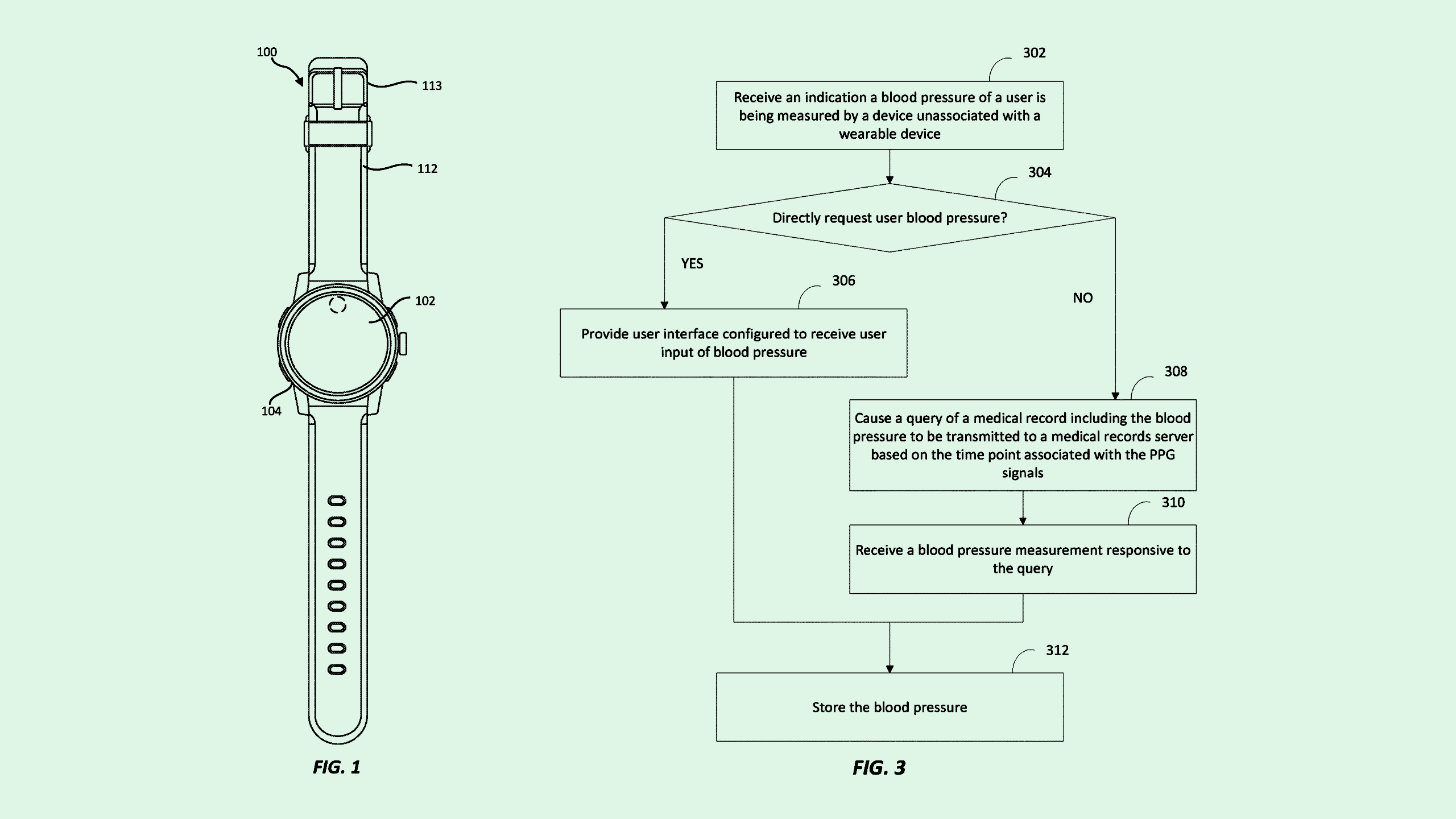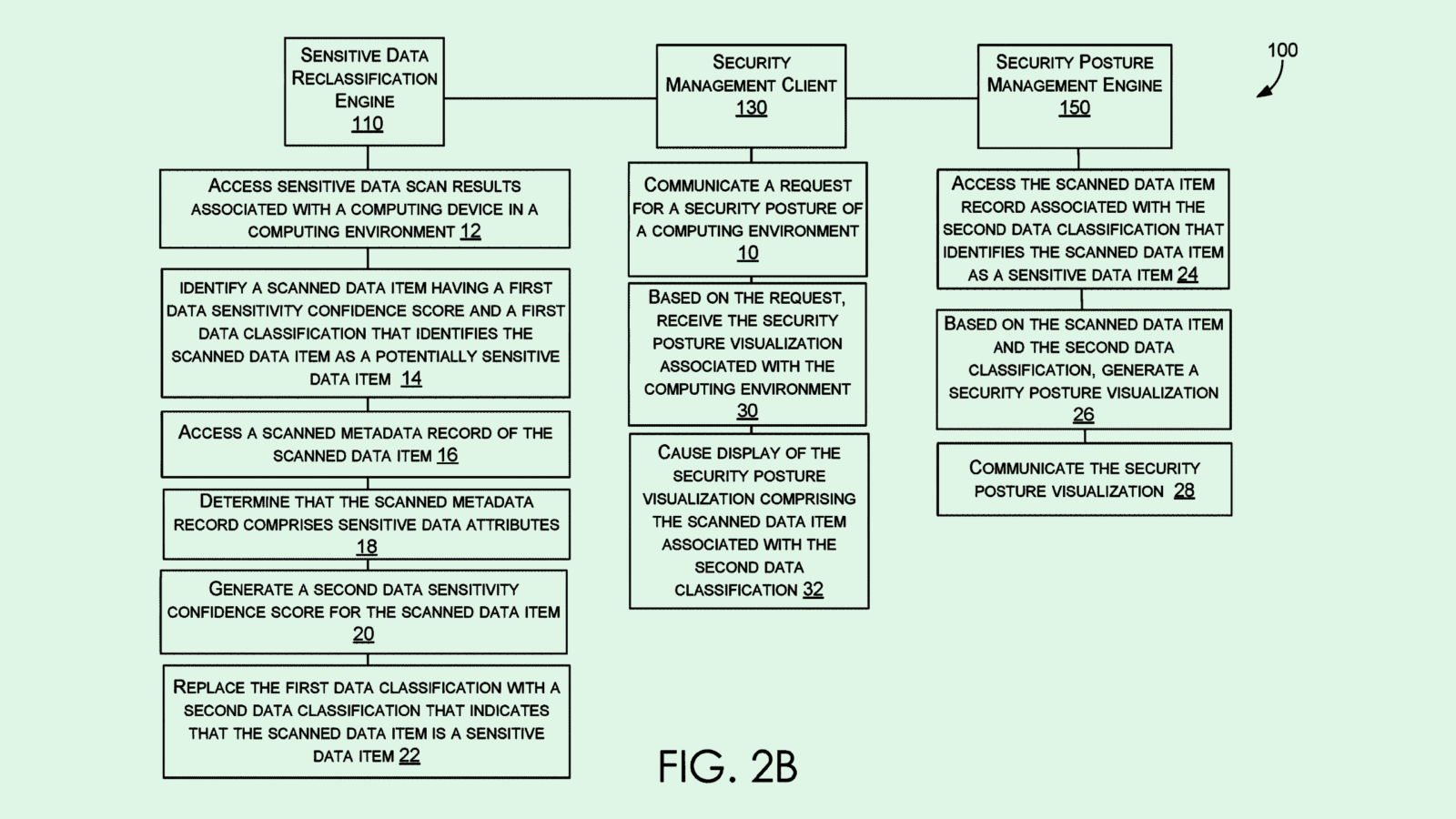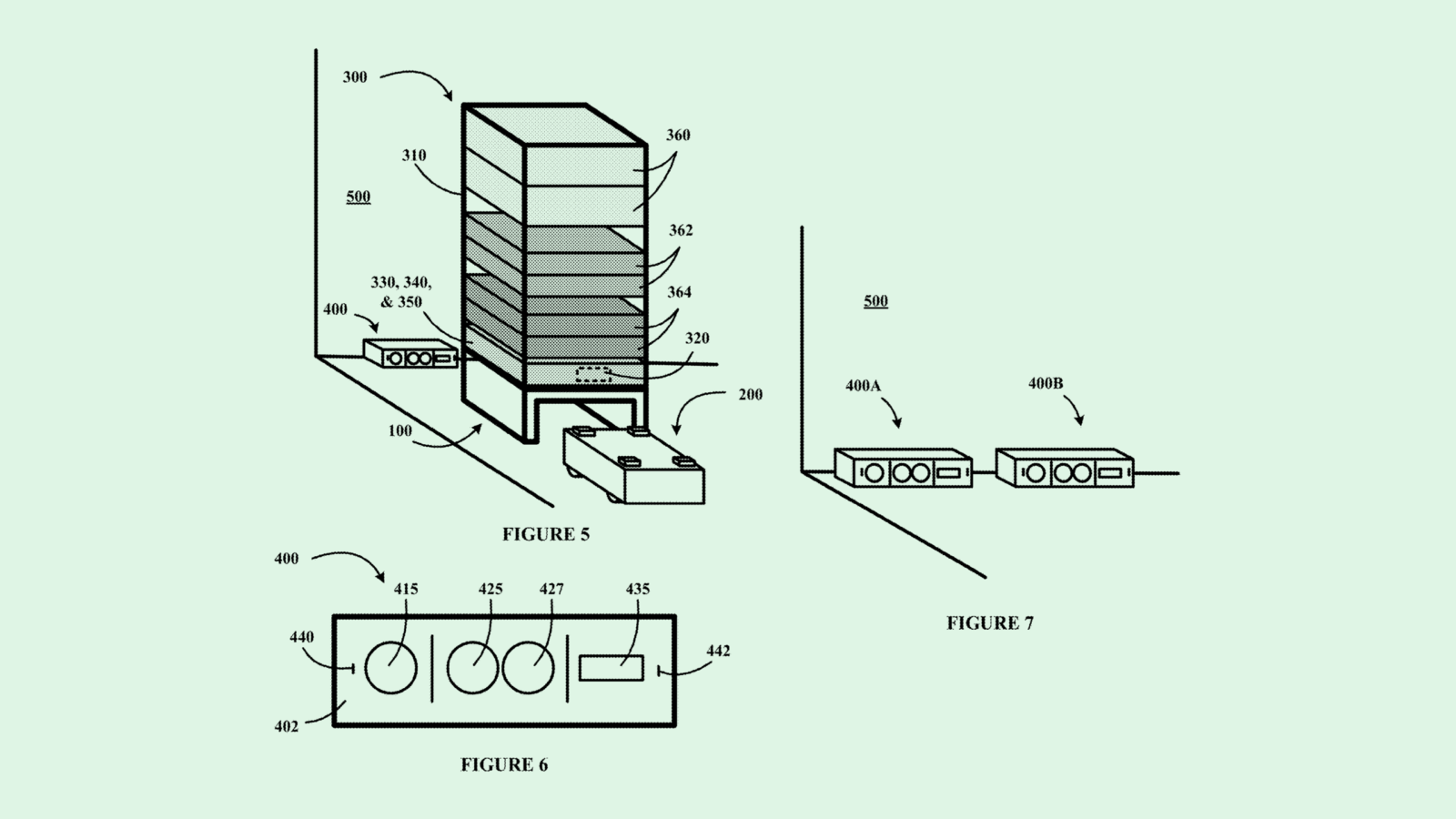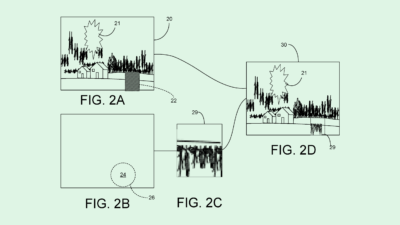Meta’s Blood-Pressure Monitor Could Add to Health Tech Patent Strategy
Meta may add health tracking to its smart watch ambitions.

Sign up to uncover the latest in emerging technology.
Meta’s latest patent may add another piece to the company’s murky smartwatch plans.
The tech firm filed a patent application for “obtaining blood pressure measurements.” As the filing’s title implies, Meta’s tech collects biometric signals and displays user health data via a wearable device. Though this would most likely be a smartwatch, Meta listed several applicable wearables, including smart glasses and an artificial reality headset.
“Accurate measurements of blood pressure, that are measured quickly and non-invasively, are difficult to obtain,” Meta claimed in the filing. “Such techniques typically determine a relative blood pressure that then need to be scaled to an absolute blood pressure.”
Meta’s tech relies on a wearable device that collects “photoplethysmography” signals, or optical measurements collected via the wrist, using sensors positioned within it. Those signals help Meta determine if blood pressure is being measured by a device that is “unassociated with the wearable device,” such as within a clinical setting.
In response to determining that a user is getting their blood pressure taken by an unassociated device, Meta’s watch or other wearable may activate, presenting the wearer with a user interface that requests their absolute blood-pressure measurement, helping it scale the relative one collected through its own wrist sensors.
Alternatively, that request may be “transmitted to a medical records server,” rather than asking the user to input their blood pressure.
This isn’t the first time we’ve seen Meta take an interest in smartwatches. The company previously sought to patent “pressure sensing” for biometric measurements in a “wrist-worn device.” And publicly, the company has included smartwatches as part of its larger artificial reality roadmap as peripheral devices, AR VP Alex Himel told The Verge last year.
This patent, however, might say less about what its smartwatch plans are and more about its legal strategy, said Micah Drayton, partner and chair of the technology practice group at Caldwell Intellectual Property Law. “What a patent really covers isn’t so much what you do, but what you don’t want other people doing,” said Drayton.
Amid the yearslong legal battle between Apple and medical tech firm Masimo over blood-oxygen sensors, Drayton said, Meta may be seeking to carve out a piece of IP that’s as close to that territory as possible without actually infringing. Therefore, if Apple, Masimo, or any other tech firm seek to add blood-pressure sensors to their lineup, they’d have to go through Meta, Drayton said: “An enforceable patent is immediately twice as valuable as ones that don’t have infringers.”
The other consideration, however, is the value of the data itself. Meta has filed plenty of patent applications for tech that gets closer and closer to its users, including tech to read your brain and body signals. In-depth personal data of that sort could have a number of use cases, especially for a company seeking to build more engaging user experiences.











